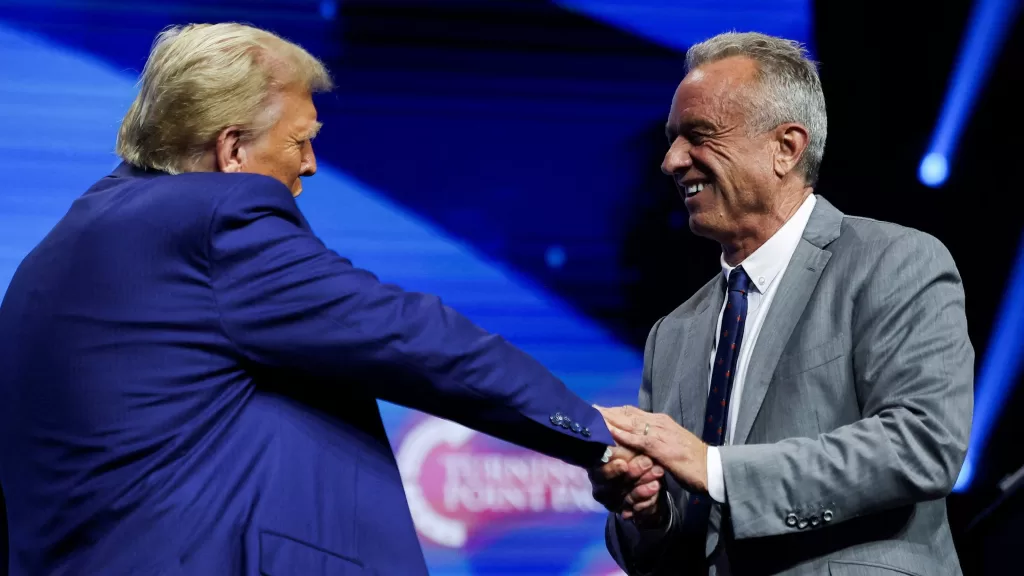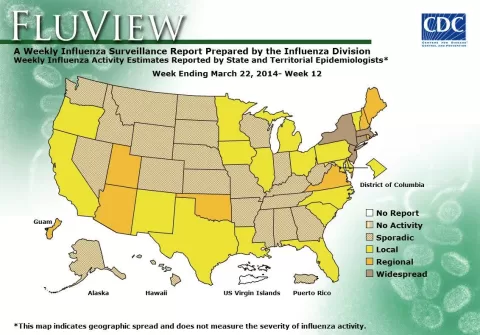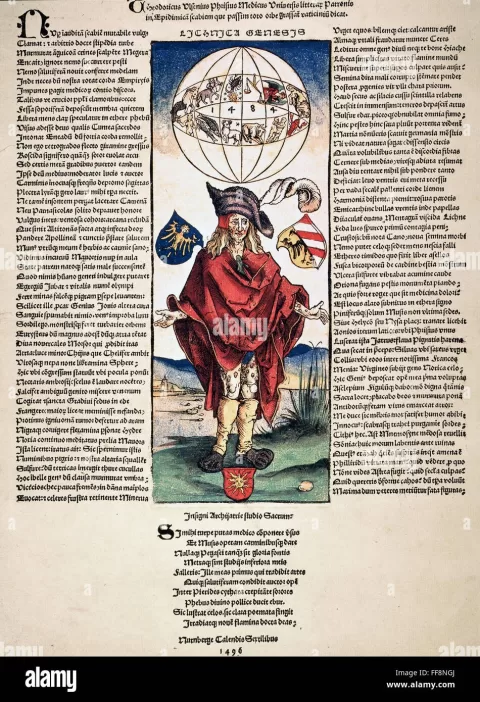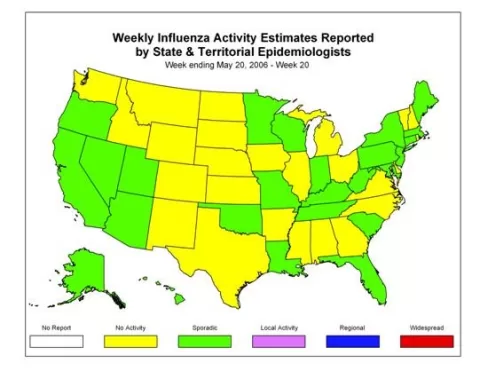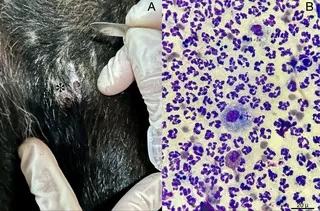The recent advancement of RFK Jr’s HHS nomination marks a significant moment in the ongoing vaccine policy debate. With Senator Bill Cassidy’s crucial support, Robert F. Kennedy Jr. is one step closer to potentially becoming the Secretary of the Department of Health and Human Services. Cassidy’s tie-breaking vote in the Senate Finance Committee has drawn attention as RFK Jr prepares for a final confirmation vote next week. As a prominent vaccine critic, Kennedy’s nomination raises questions on public health policies and childhood immunizations, topics he was rigorously questioned about during his recent Senate testimony. Cassidy has emphasized the commitments Kennedy made during their discussions, hinting at a willingness to engage in regular dialogue should he assume leadership in this influential role.
The confirmation of Robert F. Kennedy Jr. as the head of the Department of Health and Human Services (HHS) is generating considerable interest and scrutiny. Known for his controversial stance on immunizations, Kennedy’s nomination has become a focal point in the ongoing discussions regarding vaccine safety and public health. Senator Bill Cassidy, who plays a pivotal role on the Senate Finance Committee, has expressed his support and described various assurances he received from Kennedy. This nomination highlights the intricate dynamics of health policy in the United States, particularly regarding how vaccination strategies might evolve under Kennedy’s leadership. With the Senate set to vote on this impactful nomination, the interplay of party politics and public health priorities will undoubtedly shape the future of vaccine strategy in America.
Cassidy’s Support Bolsters RFK Jr’s HHS Nomination
Senator Bill Cassidy’s support for Robert F. Kennedy Jr.’s nomination as Secretary of the Department of Health and Human Services (HHS) is a pivotal moment in the political landscape. With Cassidy casting a decisive vote in favor of RFK Jr.’s advancement from the Senate Finance Committee, this nomination continues to progress towards the Senate floor. Cassidy’s backing not only emphasizes the importance of bipartisan support but also highlights the intense scrutiny surrounding Kennedy’s views on vaccine policy.
The significance of Cassidy’s role cannot be understated, particularly as his vote serves as a tie-breaker amidst a divided Senate. His decision to support RFK Jr. reflects careful consideration of Kennedy’s promises regarding vaccine safety monitoring. This engagement shows how crucial conversations and commitments made between committee members can shape the future of public health policy, as well as influence the direction of Kennedy’s leadership at HHS.
The Controversial Vaccine Policy Debate
The vaccine policy debate is at the forefront of public discourse, particularly in the wake of RFK Jr.’s nomination. With a history as a vocal critic of vaccines, Kennedy’s views have created a polarized environment, prompting senators like Cassidy to seek clarity on his stance. During their discussions, critical questions arose about Kennedy’s ability to pivot from his long-held beliefs now that he is in contention for a role that notably shapes public health.
As Cassidy pointedly queried during the hearings, the implications of Kennedy’s controversial past raise concerns about future vaccine regulations. The outcome of this nomination will not only affect HHS policies but could also alter public perception and acceptance of vaccines. As candidates prepare for the confirmation vote, it remains imperative for Kennedy to address these concerns directly to assure both his supporters and detractors.
Implications of the Senate Finance Committee Vote
The recent vote by the Senate Finance Committee stands as a significant milestone for RFK Jr.’s nomination, as it indicates wider acceptance of his candidacy despite previous controversies. Cassidy’s role in the confirmation process highlights the intricate balancing act required in bipartisan politics, especially when health and safety issues are at play. The Finance Committee’s endorsement sheds light on the complex dynamics within the Senate regarding public health leadership.
As the confirmation vote approaches, all eyes will be on party line dynamics and the potential for dissent among Republican senators. Should Kennedy receive an unfavorable outcome, it could signal a shift in how the Senate views public health leadership, particularly concerning vaccine policies and administration. The ongoing discussions highlight the intersection of political strategy, public health implications, and the delicate nature of HHS nominations.
RFK Jr’s Commitments to Vaccine Safety Monitoring
During his testimony, RFK Jr. made several commitments regarding vaccine safety monitoring, which are seen as crucial for easing the minds of senators and the public alike. His promise to provide advance notice before any changes to vaccine safety monitoring programs underscores an effort to assure stakeholders of his dedication to thorough research and data integrity. This commitment aims to mitigate concerns raised by many regarding his earlier criticisms of the vaccine industry.
Cassidy has emphasized the need for transparency and ongoing communication. By agreeing to meet regularly with Cassidy, Kennedy is indicating his awareness of the importance of oversight in vaccine policy, reflecting an essential step towards building trust with skeptics. As Kennedy preps for his potential role as Secretary of HHS, these commitments play a vital role in shaping the narrative surrounding his leadership and responsiveness to public health concerns.
What Lies Ahead for Kennedy’s HHS Confirmation Vote
The upcoming confirmation vote for Robert F. Kennedy Jr. is set to be a contentious event, with significant implications for health policy in the United States. His nomination is closely monitored, particularly by groups concerned about his past vaccine rhetoric. If the Senate votes along party lines, Kennedy’s confirmation hinges on the potential decisions of a few Republican senators, making the stakes higher than ever.
Senator Cassidy’s influence as the chair of the Senate Finance Committee could be instrumental during this critical phase. The dynamics between the Senate members will shape the final outcome significantly. As debates unfold, the effectiveness of Kennedy’s prior commitments to vaccine safety will be tested, and the broader implications of his confirmation could bring substantial changes to HHS leadership and the future of vaccine policy.
Public Reaction to RFK Jr’s Nomination
Public response to RFK Jr.’s nomination as Secretary of HHS has been marked by a significant divide. Supporters see his appointment as an opportunity to challenge the status quo on vaccine policies, while critics express deep concern over his controversial statements and past declarations regarding vaccines and health. This public discourse is essential as it underscores the anxieties many citizens hold towards government health authorities and the leadership that influences their decisions.
As the confirmation vote approaches, citizens are more engaged than ever in the discussions surrounding health policy and vaccine safety. Advocacy groups on both sides are mobilizing to voice their opinions, highlighting the importance of public involvement in health-related decisions. The scrutiny on Kennedy not only reflects his past but also sets a precedent for future appointments within HHS, wherein public opinion will play a critical role.
The Role of the Senate Health Committee in HHS Nomination
The Senate Health, Education, Labor and Pensions Committee has played a pivotal role in the nomination process for RFK Jr. as Secretary of HHS. This committee’s mandate includes overseeing public health initiatives and shaping health policy, and they have been instrumental in assessing the qualifications and positions of nominees. Kennedy’s testimony before this committee as a contentious debate highlighted the importance of oversight in ensuring that public health leadership aligns with the expectations of both legislators and the public.
The discussions held during committee hearings also bring to light the critical need for oversight in vaccine policy, especially given Kennedy’s historical stances. Sharing differing viewpoints regarding vaccine utilization and safety has provided an essential platform for senators to address broader public health concerns. As Kennedy’s nomination continues through the Senate, the Health Committee’s deliberations will influence the final decision on his suitability for the role.
Cassidy’s Vision for HHS under RFK Jr.
Senator Cassidy articulated a vision for HHS under RFK Jr.’s leadership that aligns closely with addressing vaccine safety and public health regulation. Cassidy’s insights reveal a desire for a collaborative approach and a commitment towards transparency in decision-making regarding vaccine policy. By pledging to work closely with Kennedy, he aims to foster a cooperative environment to address health crises, especially concerning childhood immunizations.
This relationship not only signifies a partnership between Kennedy and the Senate but also represents Cassidy’s confidence in Kennedy’s potential to shift his views regarding vaccines. Ensuring that HHS operates effectively in monitoring vaccine safety is crucial for public trust and will be a focal point in their collaborative efforts. Moving forward, Cassidy’s influence as chair of the Senate Finance Committee will play a critical role in shaping health policy during what is sure to be a transformative time for the Department of Health and Human Services.
The Impact of Partisan Politics on Health Policies
Partisan politics is proving to be a significant factor influencing health policies, especially with Kennedy’s nomination. The divisions within the Senate regarding his appointment expose the delicate interplay between political affiliations and public health priorities. As senators prepare for the confirmation vote, the potential for partisan conflicts could lead to drastic shifts in vaccine policies and overall health system management.
As dissenting voices emerge, the political implications surrounding Kennedy’s confirmation result in heightened tension within the Senate. The response to Kennedy’s nomination thus unveils broader questions about how health policy can be effectively managed in a polarized environment. Ultimately, the outcome will not only affect RFK Jr.’s future as a public health leader but may also reshape the landscape of health policies moving forward.
Frequently Asked Questions
What is the significance of Cassidy’s support for RFK Jr’s HHS nomination?
Senator Bill Cassidy’s support for RFK Jr.’s HHS nomination is pivotal as it moved the nomination forward from the Senate Finance Committee to a Senate floor vote. As a key tie-breaker, Cassidy’s backing indicates potential bipartisan support, which is crucial for RFK Jr.’s confirmation as Secretary of Health and Human Services.
How does RFK Jr.’s stance on vaccines impact his HHS nomination?
RFK Jr.’s long-standing criticism of vaccines, including controversial claims linking them to autism, has raised significant concerns during his HHS nomination process. His views have sparked intense debates in Senate committees, particularly regarding his influence on U.S. vaccine policies if confirmed.
What commitments did RFK Jr. make to Senator Cassidy regarding vaccine policies?
During his testimony, RFK Jr. made several commitments to Senator Cassidy, including a promise to provide 30 days’ notice before making any changes to vaccine safety monitoring programs. These assurances are crucial as Cassidy supports RFK Jr.’s nomination to lead the Department of Health and Human Services.
What are the next steps for RFK Jr.’s HHS confirmation vote?
Following Cassidy’s support, the next step for RFK Jr.’s HHS nomination is a final confirmation vote in the Senate scheduled for next week. The outcome will largely depend on party-line voting patterns, with RFK Jr. needing at least four Republican senators to oppose his nomination for it to fail.
What role does the Senate Finance Committee play in RFK Jr.’s HHS nomination process?
The Senate Finance Committee plays a critical role in RFK Jr.’s HHS nomination by providing initial approval and forwarding the nomination to the Senate floor. Senator Cassidy’s position as chairman and his support significantly influenced the nomination’s progress, particularly during contentious debates over Kennedy’s vaccine policy stance.
Why is RFK Jr.’s HHS nomination controversial among public health experts?
RFK Jr.’s HHS nomination is controversial due to his anti-vaccine stance and lack of formal medical training. Experts are concerned that his views could negatively impact vaccine policy and public health initiatives, especially considering his influential potential as Secretary of Health and Human Services.
What are the implications of the Senate Finance Committee’s vote on RFK Jr.’s nomination?
The Senate Finance Committee’s vote to advance RFK Jr.’s nomination implies that while there are significant concerns about his views on vaccines, there is also strategic support from key senators like Cassidy. This sets the stage for a more contentious confirmation vote in the full Senate, where party alignment will greatly influence the outcome.
| Key Points |
|---|
| Senator Bill Cassidy supports RFK Jr.’s HHS nomination, providing a crucial tie-breaking vote in the Senate Finance Committee. |
| Cassidy engaged in extensive debates with Kennedy regarding his controversial views on vaccinations during Senate committee hearings. |
| RFK Jr. is known for being a critic of vaccines, suggesting they cause autism and proposing different vaccination schedules based on race. |
| Cassidy acknowledges Kennedy made several commitments regarding vaccine safety and oversight should he be confirmed as Secretary of HHS. |
| A final confirmation vote for RFK Jr. is scheduled, and if senators vote along party lines, his confirmation could be at risk. |
Summary
The RFK Jr HHS nomination is moving forward with the crucial support of Senator Bill Cassidy. His recent tie-breaking vote in the Senate Finance Committee allows Kennedy’s nomination to proceed to the Senate floor for a final vote. Cassidy’s engagement with Kennedy during Senate hearings highlighted concerns about Kennedy’s controversial stance on vaccines, including his claims that they cause autism. Kennedy has made several commitments regarding vaccine safety monitoring, which Cassidy emphasized in his justification for supporting the nomination. As the confirmation vote approaches, the prospect of RFK Jr. leading the Department of Health and Human Services remains a contentious issue, especially if the vote falls along party lines.
The content provided on this blog (e.g., symptom descriptions, health tips, or general advice) is for informational purposes only and is not a substitute for professional medical advice, diagnosis, or treatment. Always seek the guidance of your physician or other qualified healthcare provider with any questions you may have regarding a medical condition. Never disregard professional medical advice or delay seeking it because of something you have read on this website. If you believe you may have a medical emergency, call your doctor or emergency services immediately. Reliance on any information provided by this blog is solely at your own risk.



